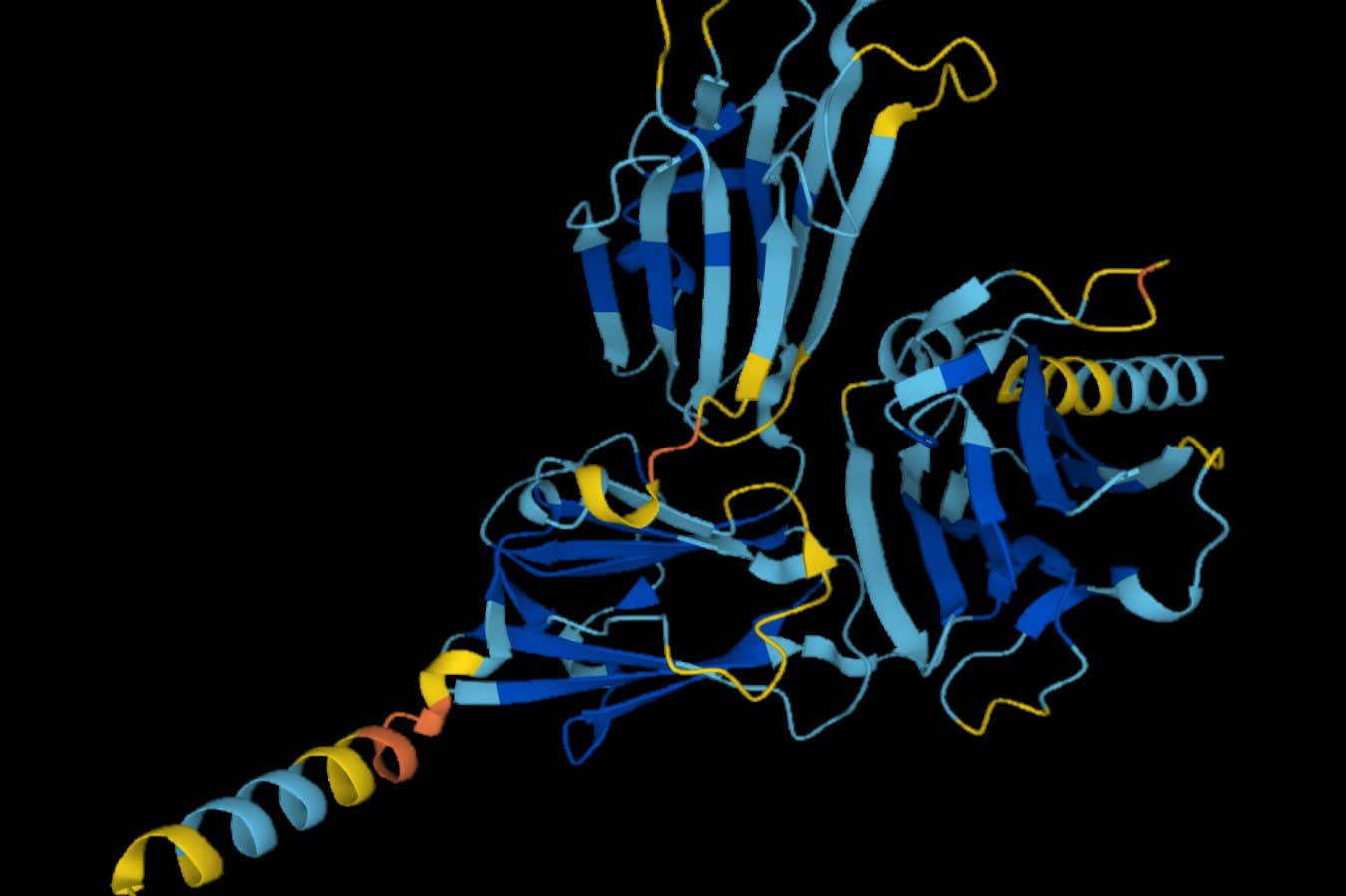
THE FIELD of AI has changed dramatically in recent years, with an explosion of systems like those behind the blockbuster hit ChatGPT creating a flurry of investment and dozens of new start-ups. But the power of AI isn’t only being wielded to make chatbots. In fact, it has been quietly helping us solve many of our biggest problems for decades, and now even looks set to provide fresh impetus in the quest to achieve commercially viable nuclear fusion power.
One company that has consistently shown a knack for solving real-world problems is Google’s DeepMind. One of its most surprising achievements has been in protein folding. Determining the crumpled shapes of proteins based on their sequences of constituent amino acids had been a persistent problem for decades, with researchers often taking years to solve a single one. DeepMind transformed biology last year by announcing that it had predicted the structure of nearly all proteins known to science in just 18 months. The team had trained its AI AlphaFold on data from known protein shapes and it learned to predict what the unsolved proteins would look like.
Future medicines
The data is already helping researchers make advances in everything from new treatments for malaria to the creation of enzymes that can break down plastic waste. Pushmeet Kohli at DeepMind says there is even more on the horizon. “Beyond protein structure prediction, there is more work to be done mapping protein dynamics, accelerating protein design and understanding the effect of protein mutations – for example, those associated with diseases like cancer,” he says.
AI is also making vital inroads into the problems associated …
